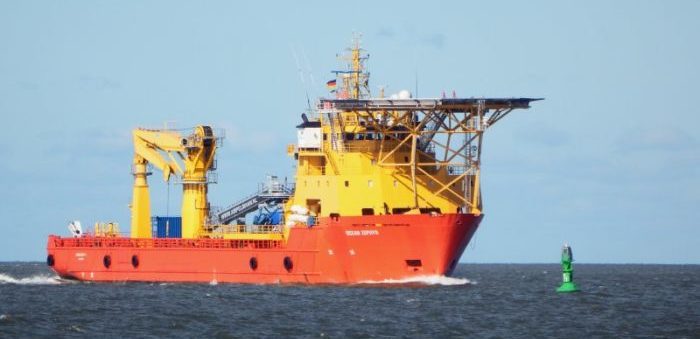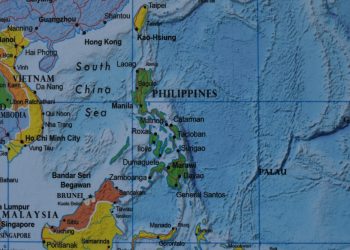Scientists will carry out a years-long mission to further explore the Indian Ocean. The scientists aim to document changes that are happening underneath the sea level, and that are able to impact billions of people in the region during the coming decades.
The expedition will explore one of the last key unexplored areas of the planet, which is affected by the global warming. A better understanding of the ecosystem of the Indian Ocean is crucial for the species that live in it, but for about 2.5 billion people in the region, as well. This region includes East Africa, the Arabian peninsula, South and Southeast Asia.
[smlsubform prepend=”GET THE SAFETY4SEA IN YOUR INBOX!” showname=false emailtxt=”” emailholder=”Enter your email address” showsubmit=true submittxt=”Submit” jsthanks=false thankyou=”Thank you for subscribing to our mailing list”]
The so-called ‘Nekton Mission’, has the support of more than 40 organizations, and will carry out dives in other parts of the Indian Ocean over the course of three years. The research aspires to contribute to a meeting on the state of the Indian Ocean, which will take place on late 2021.
Specifically, the ‘Ocean Zephyr’ will leave from Bremerhaven, Germany, for the first leg of trip. Researchers will spend seven weeks surveying underwater life, mapping the sea floor and using sensors to depths of up to 2,000 meters around the Seychelles.
According to Ronny Jumeau, the Seychelles’ ambassador to the United Nations, the Seychelles want to become a leader in ‘blue economy’, which draws on the resources of the ocean. This is considered important, especially considering the fact that the archipelago depends on fishing and tourism, but it has lately been exploring the possibility of finding oil and gas from beneath the sea floor.
The researchers anticipate to discover dozens of new species, from corals and sponges to larger creatures like types of dog-sharks.






























































